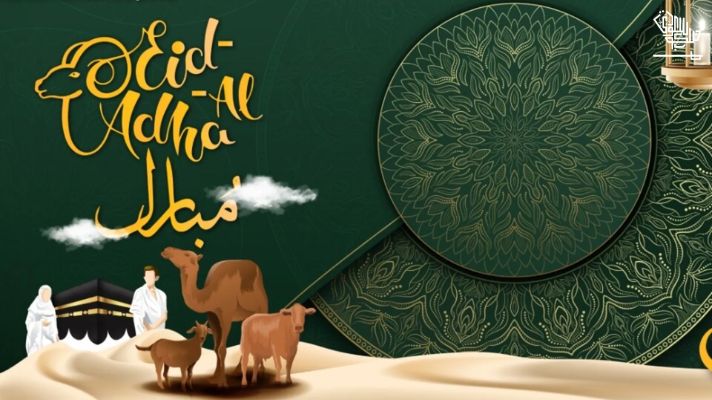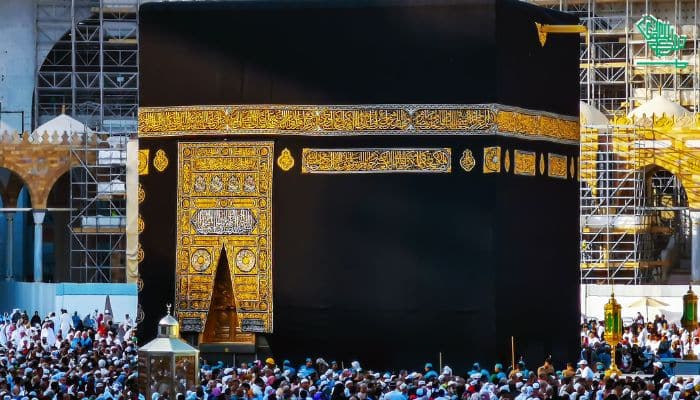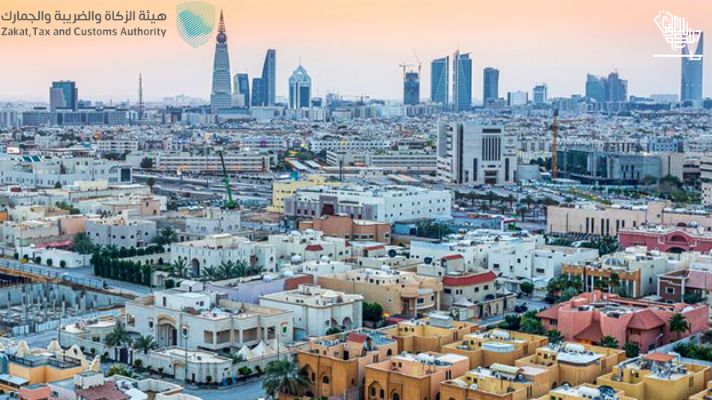Muslims celebrate Eid al Adha to mark the end of the annual Hajj pilgrimage. * (subject to the moon sighting)
A Festival of Sacrifice and Devotion
Muslims worldwide celebrate Eid al Adha, which translates literally into Arabic as the “festival of the sacrifice.” The celebration commemorates the story of the Prophet Ibrahim’s test of faith.
Eid Al Adha is one of the most significant festivals in the Islamic calendar, celebrated by millions of Muslims worldwide. This year, Eid Al Adha will be observed on 10 Jul 2023, depending on the actual sighting of the moon.
The “Festival of Sacrifice” is celebrated at the end of their annual Hajj pilgrimage to Mecca.
Eid al-Adha Saudi Arabia 2023, 2024 and 2025
Year Day Date
- 2023 Tue to Fr 27 Jun to 30 Jun
- 2024 Sat to Tue 15 Jun to 18 Jun
- 2025 Thu to Sun 5 Jun to 8 Jun
- 2026 Tue to Fri 26 May to 29 May
Origins of the festival
The origin of Eid Al Adha traces back to the story of Prophet Ibrahim (Abraham) and his son Ishmael in the Quran. According to the story, God commanded Prophet Ibrahim to sacrifice his son Ishmael to test his faith.
When Prophet Ibrahim was about to make the sacrifice, God provided a ram to sacrifice in Ishmael’s place. This act of devotion and obedience is celebrated yearly on Eid Al Adha as a symbol of the strength of faith and love for God.
Eid Al AdhaIn Saudi Arabia
In Saudi Arabia, Eid Al Adha is a major public holiday celebrated with great zeal and enthusiasm. Special prayers, feasting, and the exchange of gifts mark the festival.
One of the most important rituals of Eid Al Adha is the sacrifice of animals, such as sheep, goats, and cows, to commemorate Prophet Ibrahim’s act of sacrifice.
The family or person divides the sacrificial meat into three equally sized portions. The family keeps one part while giving the poor one of the portions, and the remaining third portion is for family and friends.
Eid Al Adha is when families gather under a single roof and bolster their bonds. Muslims bring gifts to their friends and relatives during this holiday and enjoy lavish feasts with their loved ones.
In Saudi Arabia, streets and alleys in major cities are decorated with lights and flags. The festive mood is evident and infectious.
Religious, Social, and Cultural Significance
Along with its religious significance, Eid Al Adha has a robust cultural bearing in Saudi Arabia. The festival is when people from different backgrounds and cultures come together and celebrate their shared faith.
This Eid celebration is a harbinger of compassion and unity in Islam. Even as the COVID-19 pandemic affected many aspects of life, it did not dampen the spirit of Eid Al Adha.
During the social restrictions on large gatherings and travel, people still found ways to celebrate the festival and maintain the traditions so dear to them.
Families and friends organized virtual gatherings and online events to bring people together when they could not be in the same place together.
In Conclusion
Eid Al Adha is a time for Muslims and their families to celebrate their beliefs, faith, and compassion.
The festival reinforces devotion to God Almighty through sacrifice, feasting with loved ones, and helping the less privileged. The spirit and values of Eid Al Adha represent and celebrate this joyous occasion.
DISCLAIMER: The images/videos/logos showcased on this page are the property of their respective owners. We provide credit and sources wherever possible. However, If you find that your image/video is displayed on this blog without authorization, please contact us with the relevant details and a link to the image, and we will promptly address your concerns.

Faisal Malik is an accomplished author and the Chief Editor at Saudi Scoop. With a passion for delivering insightful and engaging content, he leads the editorial team, covering diverse topics that resonate with readers. His expertise in journalism and storytelling ensures high-quality, well-researched articles that inform and inspire.




